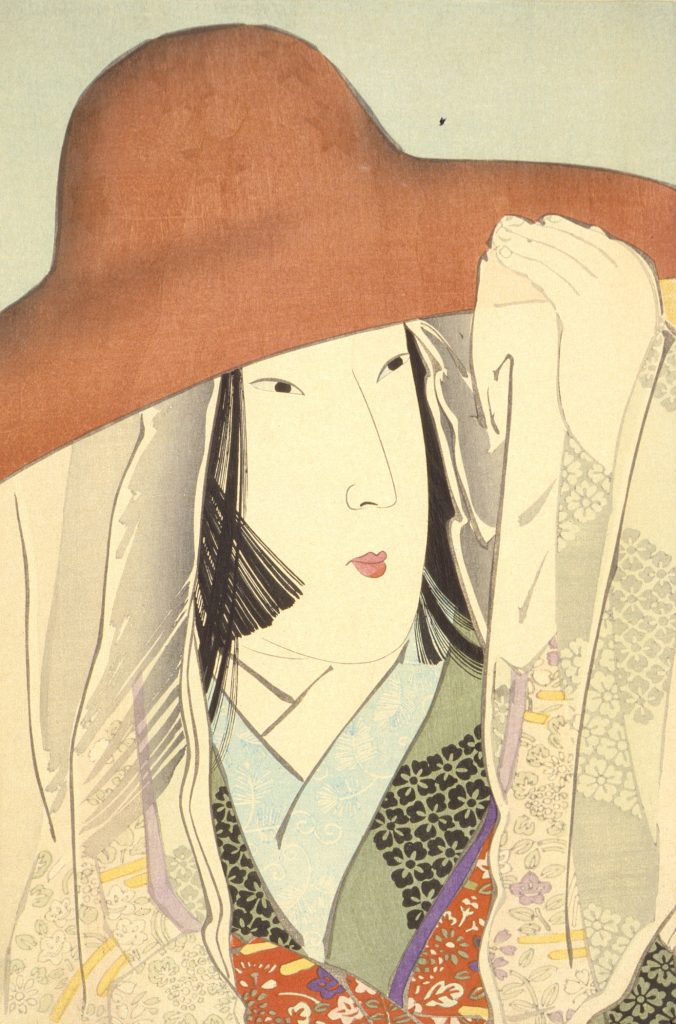Richmond Read-along 37

Welcome back to the Richmond Read-along! Today we’re reading extracts from Sei Shōnagon’s “Pillow Book.” Shōnagon was a gentlewoman living at court in the Heian period of Japan. She kept a “Pillow Book,” a popular form of diary where people would record their thoughts. Shōnagon’s “Pillow Book” is not only one of the best sources about the Heian period, but it also shows us her wit and opinions on everything from social customs to her preferred colour of cats (black with white bellies.)
Containing many fragments, Shōnagon’s “Pillow Book” is most famous for her lists. They are a good read not only because of her humour, but because of how easy they are to relate to. She may have lived 1000 years ago in a very different culture, but it is all too easy to understand Shōnagon’s annoyance at children running riot around her house or particularly loud carriages in the street outside. We are reading a collection of extracts:
“25. Infuriating things
I hate it when, either at home or at the palace, someone comes calling whom you’d rather not see and you pretend to be asleep, but then a well-meaning member of the household comes along and shakes you awake with a look of disapproval at how you’ve dozed off.
Some newcomer steps in and starts interfering and lecturing the old hands as if she knows it all. This is quite infuriating.
64. Surprising and Distressing Things
While one is cleaning a decorative comb, something catches in the teeth and the comb breaks.
A carriage overturns. One would have imagined that such a solid, bulky object would remain forever on its wheels. It all seems like a dream — astonishing and senseless.
A child or grown-up blurts out something that is bound to make people uncomfortable.
81. Awkward Things
One has gone to a house and asked to see someone; but the wrong person appears, thinking that it is he who is wanted; this is especially awkward if one has brought a present.
One has allowed oneself to speak badly about someone without really intending to do so; a young child who has overheard it all goes and repeats what one has said in front of the person in question.”
…and one wonders how the poor spindle tree managed to offend to justify this passage: “27. Trees – I shall say absolutely nothing about the spindle tree.”
You can read more extracts at Guerilla Semiotics. Find more information about Sei Shōnagon at the Encyclopaedia Britannica.
Join us again tomorrow for the next Richmond Read-along!
